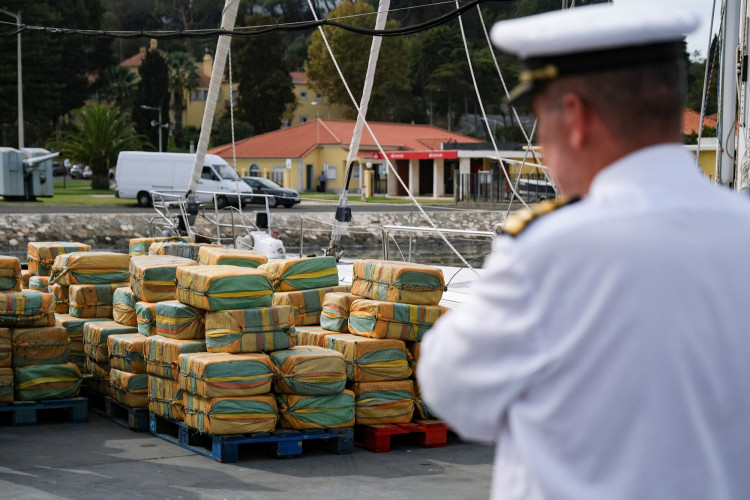Italian drug cartels are increasingly utilizing unlicensed Chinese money brokers to obscure cross-border transactions, according to Italian law enforcement and judicial authorities. This recent trend highlights how an issue, previously associated with Latin American narcotics groups and combated by U.S. authorities, has infiltrated Europe.
Italian officials have observed a surge in the usage of these shadow money transfer networks, which enable swift payments without easily traceable trails. The process entails depositing funds with a broker in one country while another agent within the network pays the equivalent sum to the intended recipient elsewhere. Barbara Sargenti, Italy's national anti-mafia prosecutor, mentioned that the growing number of related investigations reflects both heightened activity and improved detection capabilities by the authorities.
Sargenti emphasized that transferring money outside the traditional banking system significantly complicates identification and tracing efforts for authorities. She added, "This kind of financial intermediation undermines the entire international anti-money laundering system." This system, based on the control and analysis of banking transactions, is a crucial weapon in the fight against criminal gangs.
Since the issue first emerged publicly around five years ago, Italian authorities have disclosed at least six investigations involving drug cartels and Chinese payment networks. These probes reportedly involve payments to narcotics suppliers in Latin America, Morocco, and Spain.
Chinese criminal networks' increasing involvement in laundering criminal proceeds in Europe, including drug trafficking profits, has become a growing concern for European law enforcement. Europol, the European Union's police agency, confirmed this observation to Reuters.
These money transfers, part of a broader array of services offered by Chinese-linked organizations, facilitate tax evasion and contribute to what Italian authorities call an "underground" banking system. An individual with direct knowledge of additional ongoing investigations estimated that tens of billions of euros are being moved out of Italy each year through this underground system.
The money transfers rely on a long-established informal payment system called fei qian or fei chien, which translates to "flying money." This system is based on a trusted network of transfer agents. While transferring funds informally is not necessarily illegal, providing unauthorized banking services and laundering crime proceeds is illegal in Italy.
Recent investigations have implicated some of the world's largest crime gangs, such as the Calabrian 'Ndrangheta group, in utilizing Chinese money brokers. In 2018, an investigation led to the arrest of 90 individuals in Italy and other parts of Europe and the seizure of 4 tons of cocaine valued at approximately 240 million euros ($261.96 million).
Besides money laundering, Chinese-linked organizations are believed to offer a variety of illicit services within a "parallel banking system" catering to a diverse clientele, including tax evaders and drug traffickers. Milan's deputy chief prosecutor, Laura Pedio, confirmed this observation.
As Italy's finance police intensify their focus on monitoring the underground banking system, the country's anti-mafia commission is probing "Chinese infiltration in Italian society" for the first time.






